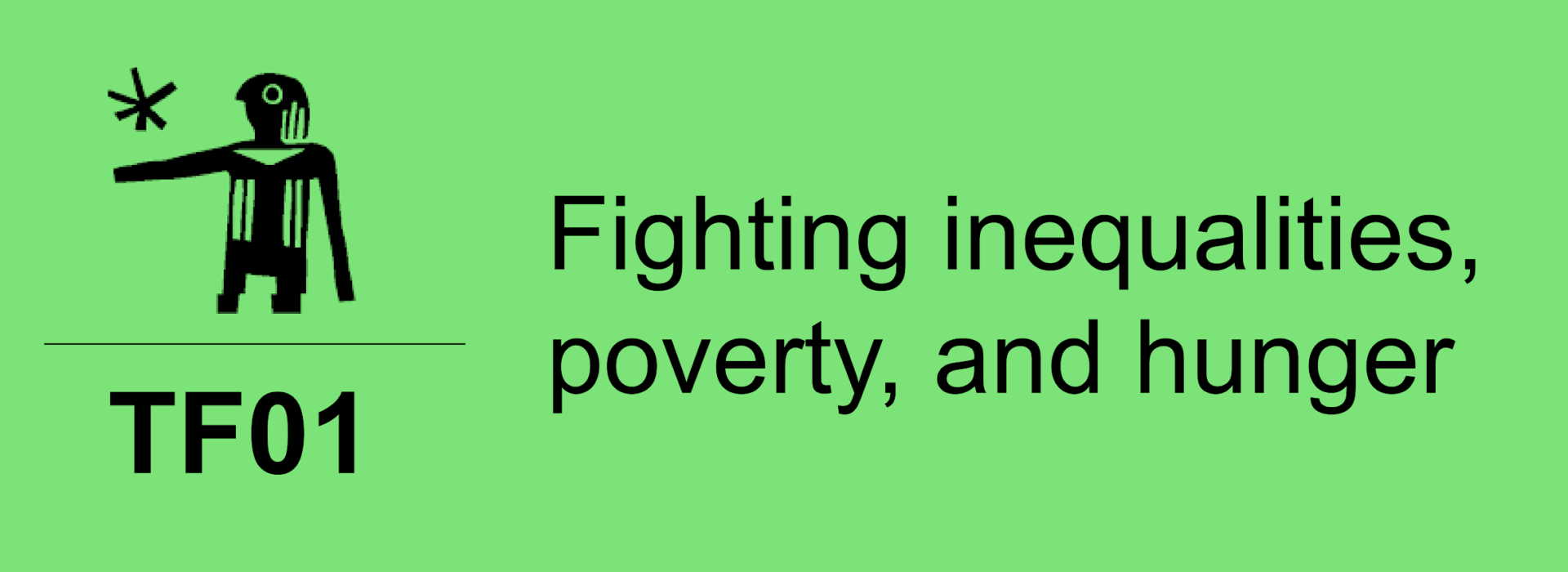The escalating risk to land and ocean ecosystems due to global climate change is posing a significant threat to global food security. The health of marine environments, covering 70% of the Earth’s surface, is crucial for the well-being of millions of people. However, unsustainable resource management and pollution are impeding the optimal utilization of these marine resources, particularly in the face of climate change. Developing coastal communities are especially vulnerable to climate-induced food insecurity, intensifying threats to marine ecosystems and their vital contributions. To address this issue, we propose a comprehensive policy focusing on four key areas. Firstly, the establishment of locally-owned protected marine areas to fortify marine ecosystems, leveraging traditional practices and knowledge, with active community involvement to accelerate recovery, preserve biodiversity, and ensure sustainable resource utilization. Secondly, G20-driven international collaboration to address the global impact of climate change on food security, advocating for assistance schemes, including infrastructure, financial aid, and capacity building to address resource disparities. The G20 platform serves as a key conduit for global mobilization, fostering collective efforts to advance food security through sustainable maritime practices and alleviate climate-related vulnerabilities in coastal communities. Thirdly, prioritizing sustainable fisheries practices is imperative, advocating for methods that prioritize ecosystem health, reduce overfishing, and minimize environmental degradation. Lastly, promoting women’s participation in strategic positions also plays a vital role in ensuring inclusive policy related to climate food security. By adopting this holistic approach, we can collectively work towards ensuring the long-term health and sustainability of marine ecosystems, which are essential for global food security.
Register for Updates
Would you like to receive updates on the Global Solutions Initiative, upcoming events, G7 and G20-related developments and the future of multilateralism? Then subscribe here!
1 You hereby agree that the personal data provided may be used for the purpose of updates on the Global Solutions Initiative by the Global Solutions Initiative Foundation gemeinnützige GmbH. Your consent is revocable at any time (by e-mail to contact@global-solutions-initiative.org or to the contact data given in the imprint). The update is sent in accordance with the privacy policy and to advertise the Global Solutions Initiative’s own products and services.









